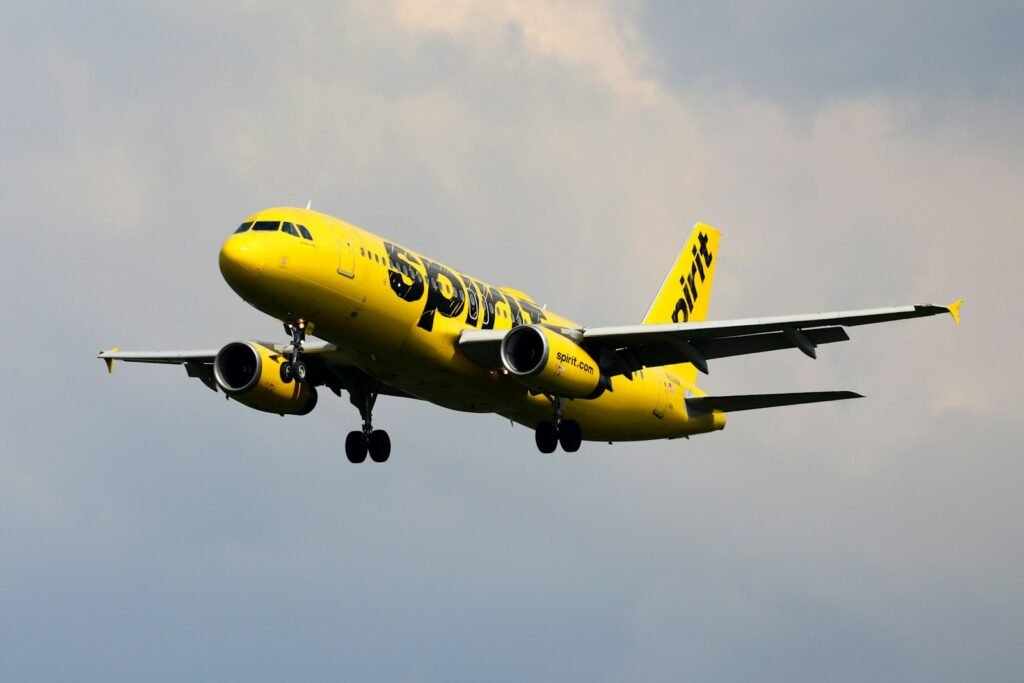
(Source : The Hill) A U.S. Senate panel has sharply criticized the rising trend of “junk fees” imposed by airlines, accusing carriers of exploiting customers with high charges for services like seat assignments and checked luggage. The Senate’s Permanent Subcommittee on Investigations, led by Senator Richard Blumenthal, released a report on Tuesday ahead of the busy Thanksgiving travel period, highlighting how airlines have generated billions in revenue from these fees in recent years.
The report, which follows a year-long investigation, found that five major airlines—American Airlines, United Airlines, Delta Air Lines, Spirit Airlines, and Frontier—collected a staggering $12.4 billion from seat assignment fees between 2018 and 2023. United Airlines, in particular, saw a sharp rise in seat fees, earning $1.3 billion from them in 2023—surpassing the $1.2 billion it made from checked bag fees.
The investigation conducted by the panel uncovered troubling practices related to these fees. According to the report, airlines are progressively employing intricate algorithms to determine pricing based on customer information. This has raised concerns about transparency and fairness, especially when it comes to charging for services like seat selection and luggage handling. Moreover, some airlines have reportedly avoided paying federal transportation excise taxes by classifying certain fees as “optional,” thus escaping the mandated 7.5% tax on air travel charges.
One particularly controversial practice uncovered by the Senate committee involves ultra-low-cost carriers Frontier and Spirit. These airlines allegedly paid gate agents bonuses to enforce bag size regulations, including paying $10 for each bag a passenger was forced to check at the gate. The report claims that such incentives could lead to unjustified charges for passengers.
In response to the findings, the airlines have defended their practices. A spokesperson for Frontier emphasized that the commissions were meant to ensure that all passengers adhered to bag size rules fairly. Spirit, for its part, reiterated its commitment to providing affordable fares and maintaining transparency, though it disagreed with some of the conclusions in the report.
Blumenthal, who chairs the subcommittee, said that Congress should require airlines to provide more detailed disclosures about their fees. He also called on the U.S. Department of Transportation (USDOT) to investigate the incentive-based practices that have led to these rising charges.
Executives from the five airlines are scheduled to testify before the Senate subcommittee on December 4 at a hearing titled “The Sky’s the Limit — New Revelations About Airline Fees.” The hearing will address concerns about how airlines are leveraging these additional charges to boost profits, often at the expense of travelers.
The Senate’s findings are likely to reignite debates over airline pricing practices, especially as the holiday travel season kicks off, with nearly 6 million people expected to fly for Thanksgiving. As pressure builds on airlines to justify their fees, the upcoming testimony could pave the way for new regulations aimed at protecting consumers from what some lawmakers call unfair and opaque pricing strategies.



